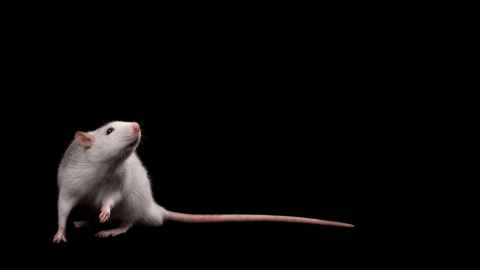Promising tool to tackle autism
18 August 2020
Scientists at the University of Auckland have discovered a supplement could hold the key to reducing autism.

Research conducted in the Faculty of Medical and Health Sciences has revealed zinc could be a promising tool to combat autism.
Scientists at the University gave dietary zinc supplements during pregnancy and lactation to mice whose offspring were genetically prone to autistic-associated behaviours.
They found that giving zinc to the mother prevented the offspring mice from showing Autism Spectrum Disorder (ASD) behaviours including anxiety, deficits in social interactions, or repetitive behaviours. The research, led by Associate Professor Johanna Montgomery, was published this month in the journal Molecular Brain.
Her team has previously shown that zinc can reverse autistic-associated behaviours in young mice. The latest research advanced this by showing that maternal zinc can act on the offspring animals’ developing brains to prevent the behaviours from emerging at all. "That’s the exciting part,” said Dr Montgomery.
In about a decade of research, the Montgomery lab in the Department of Physiology has investigated how gene variations in autism decrease brain cell communication – and how zinc can restore it. Much remains mysterious, but it seems the metal changes the wiring of the brain.
While autism is associated with hundreds of genetic variants, the latest research was focused only the protein Shank 3, which is the protein most commonly affected by genetic variations in autism. It is localised at synapses in the brain and associated with neuro-development disorders such as autism and schizophrenia.
The next steps for Dr Montgomery and her team will be to see whether zinc works for a broad range of genetic variants and, ultimately, to devise human trials. Scientists already know that zinc deficiency is prevalent among autistic children.
Autism spectrum disorder may affect 1-in-100 New Zealanders, according to the Ministry of Health. But for now, it’s too early for people to turn to zinc as a treatment for autism – the evidence isn’t in yet.